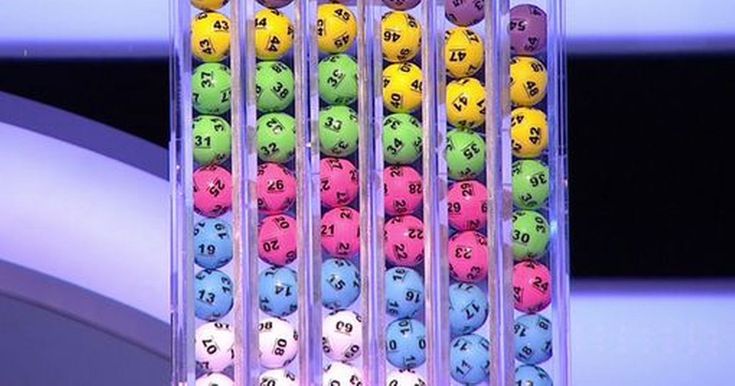Lottery draws have captivated millions across the globe, intertwining chance and hope in an intricate dance that offers participants a fleeting glimpse of a potentially life-altering outcome. While the concept of lotteries dates back centuries, modern lottery systems have evolved into complex operations that not only promise wealth but also play significant roles in funding community projects and social programs. This article explores the fascinating world of lottery pengeluaran cambodia, from their history and mechanics to their impact on society.
The History of Lotteries
Lotteries have ancient roots, with evidence of their existence dating back to the Roman Empire. Initially used as a form of entertainment during feasts, they evolved into mechanisms for raising funds. The first recorded lottery in the modern sense was established in the Netherlands in the 15th century, intended to support the poor and finance public projects. Over the years, various countries adopted lotteries, each adding their unique twist to the format. The introduction of state-sponsored lotteries in the 20th century marked a significant shift, blending entertainment with a source of public revenue.
How Lottery Draws Work
At their core, lottery draws are games of chance where participants purchase tickets for the opportunity to win cash prizes or other rewards. The process usually involves several key steps:
- Ticket Purchase: Participants buy tickets, which typically consist of a series of numbers or symbols.
- Draw Event: On the designated draw day, a random selection process occurs, often using mechanical devices or computer algorithms to ensure fairness and transparency.
- Winning Numbers: The numbers drawn are compared against the tickets purchased, and those matching the winning numbers receive prizes.
- Prize Distribution: Prizes can vary significantly, from small amounts to life-changing jackpots, depending on the lottery’s structure.
The Role of Technology
In recent years, technology has revolutionized the lottery experience. Online platforms have made it easier for people to participate from the comfort of their homes, while mobile apps provide real-time updates on draws and winnings. Random number generators (RNGs) ensure the integrity of draws, adding a layer of trust and security to the process.
The Psychological Aspect of Lottery Participation
The allure of lotteries lies not only in the potential financial gain but also in the psychological aspects of hope and aspiration. For many, buying a lottery ticket symbolizes a dream of a better life, an escape from financial struggles, or the realization of long-held wishes. The anticipation leading up to the draw, filled with possibilities, creates a unique thrill. However, this excitement can sometimes lead to compulsive behavior, emphasizing the importance of responsible participation.
Community Impact and Social Responsibility
Lotteries often serve as a vital source of funding for community initiatives and public services. A significant portion of the revenue generated from ticket sales is allocated to education, healthcare, infrastructure, and recreational facilities. This connection between lotteries and community welfare fosters a sense of collective investment, as participants contribute to the betterment of society, regardless of their individual outcomes in the draw.
Criticism and Controversy
Despite their popularity, lotteries are not without criticism. Opponents argue that they disproportionately affect low-income communities, often leading to financial strain rather than relief. Additionally, concerns over the ethical implications of state-sponsored gambling raise questions about the morality of profiting from people’s hopes and dreams. As a response, many lotteries implement measures to promote responsible gaming and support educational campaigns about gambling risks.
